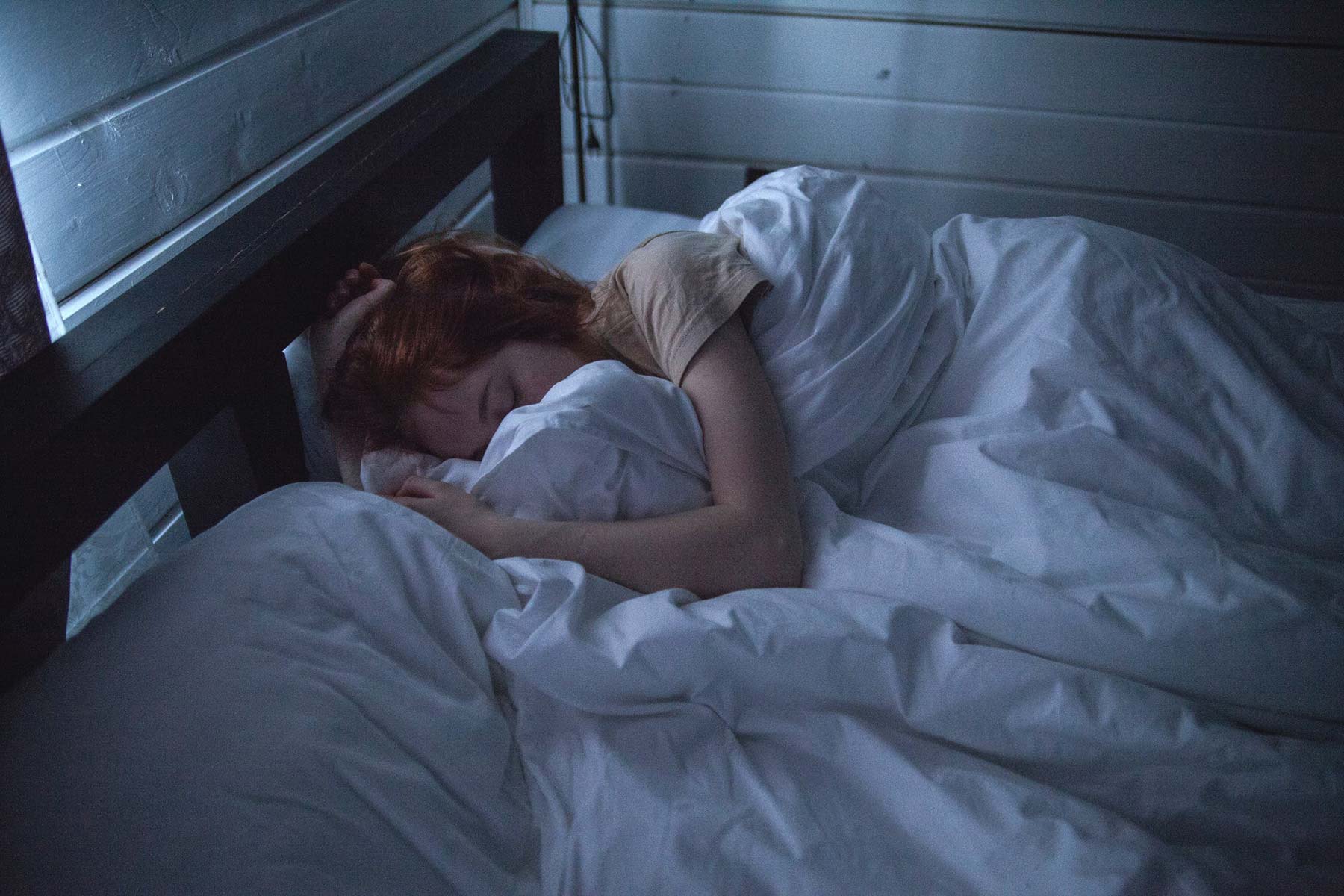The Importance of Good Sleep in One’s Mental Health

Growing in Your Sleep
Remember when our parents used to tell us “you grow in your sleep”? They were right. A lack of sleep early on can disrupt the level of hormones in our brain, resulting in growth problems. Good sleep should start when you are young, and at any age it is very important to get a good night’s sleep.
We all know a lack of sleep can be painful, especially when trying to get through the day. Poor sleep not only produces problems with mood, productivity, performance, physical health, but it also increases the risk for mental health problems like depression and anxiety. Sleep plays a big role on our mental health and psychological state. It sets the stage for a healthy lifestyle and it is just as important as eating healthy and exercising. Sleep is the engine to life – it helps with energy, concentration, builds immune system, enhances learning and memory, and contributes to emotional health.
Studies using different methods and populations estimate that 65% to 90% of adult patients with major depression, and about 90% of children with this disorder experience some kind of sleep problem (Harvard Mental Health Letter, 2019), insomnia or hypersomnia. Research suggests that treating sleep disorders may help alleviate symptoms of co-occurring mental health problems. So here are great tips for a good night’s sleep:
Tips for a Goodnight’s Sleep:
Establish a consistent bedtime. With that being said, it’s obviously (for many people) easier said than done. Listen to your body when creating your sleep schedule. Keep it consistent and make sure you get between 7 and 9 hours of sleep nightly. Decide on a bedtime – you need to plan ahead to ensure you are home and in bed by this time.
Set up a good bedtime routine. This helps signal your body that it’s time to wind down. This might include a bath, reading a book, or listening to soft music.
Make sure your bedroom is conducive to sleep. It should be dark and quiet. If your neighborhood is known to be loud or it is bright in the room, try earplugs and wear an eye mask to bed.
Avoid stimulating activity before bedtime. Keep smartphones, tablets, and other devices out of the bedroom at night. These devices emit “blue light” that interferes with the bodies ability to release melatonin, which reduces alertness and makes sleep more inviting.
Avoid big meals before bed and drinking caffeine. Try not to drink caffeine in the afternoon or right before bedtime – not only does caffeine keep you awake, but also drinking liquid makes you wake up frequently to use the bathroom at night.
Exercise at least 3 hours before bedtime. Exercising before bed helps your body get ready for sleep, but it depends on the intensity of your work. Leave the high intensity workout for weekends and stick to stretches or yoga that can relax you before bed.
Block your Clock. Put your alarm clock in a drawer, under your bed, or turn it away from view. Glancing at night can make your mind race with thoughts about the day to come, which can keep you awake.
Free your mind. Put aside your day 2 or 3 hours before bed. It takes time to turn off your brain. Keeping a diary is one way to achieve this.
